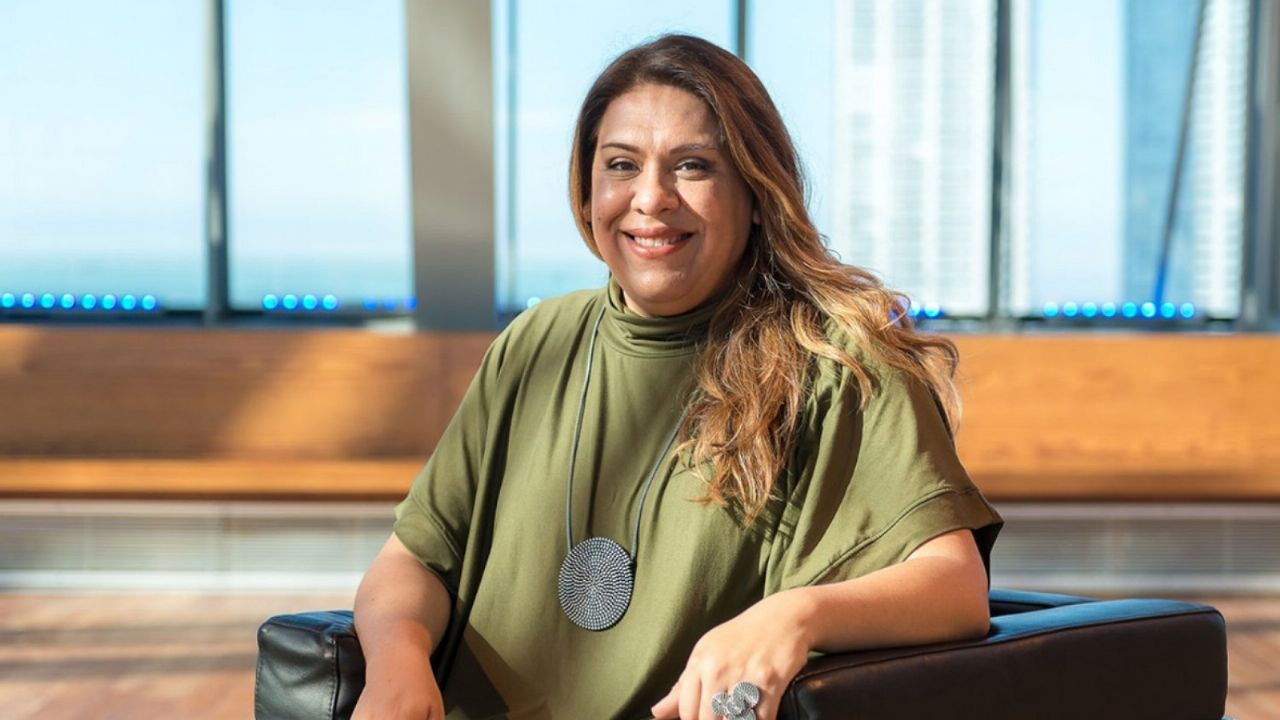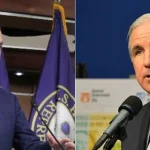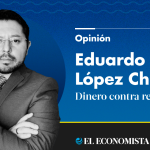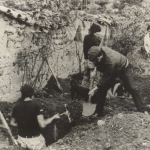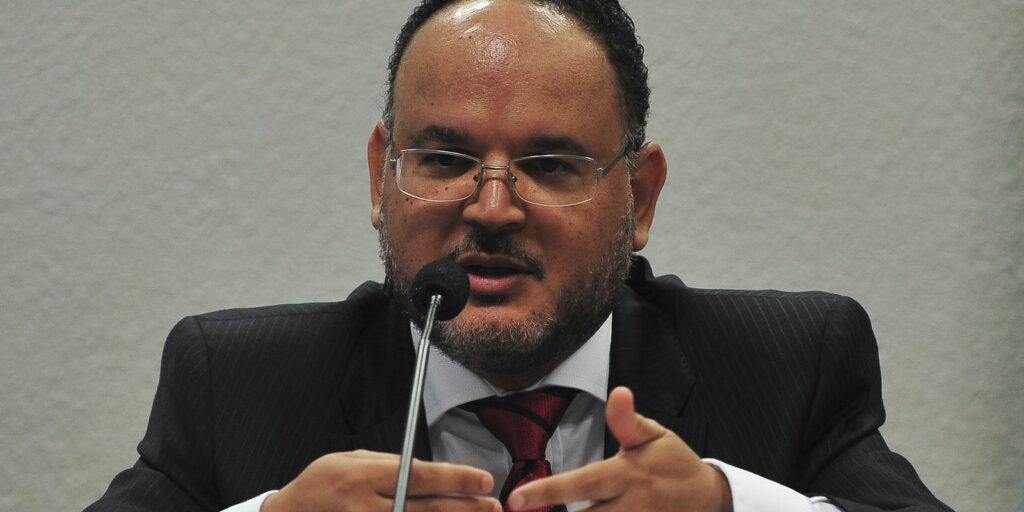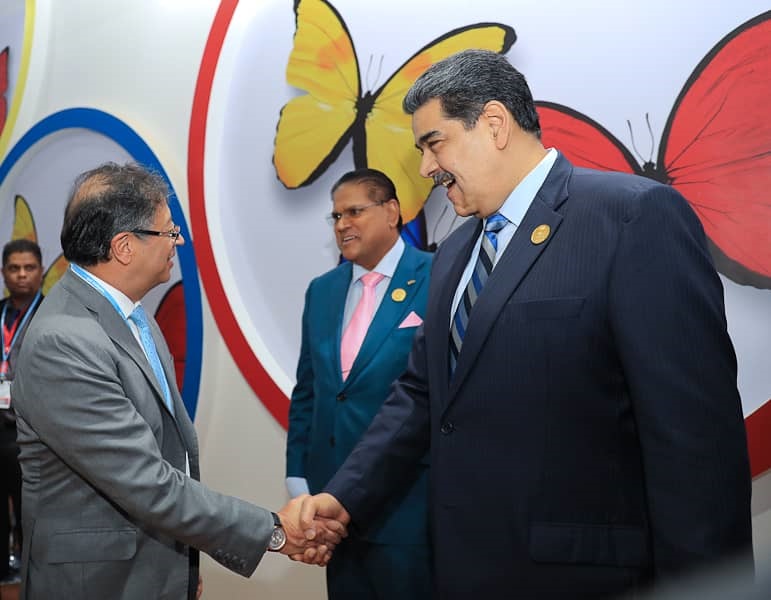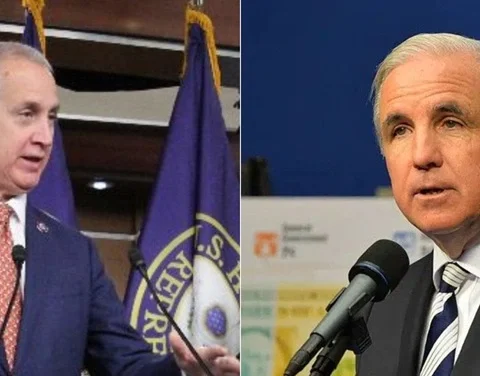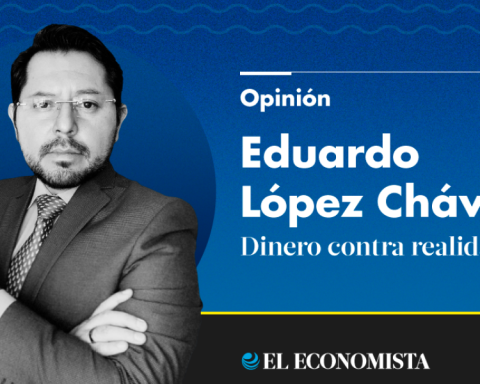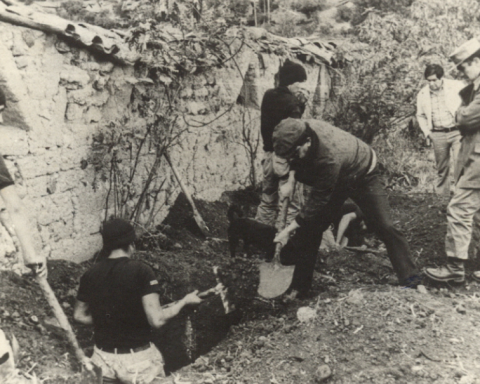Alba Wheel is a trans activist and Argentine public official who, throughout her life, has been concerned and busy defending the rights of the LGBTIQ+ community. She is charismatic, generous and kind, she confesses, in an interview for Minuto Argentina, that it is difficult for her to talk about herself; however, she is clear that her activism marked a before and after in her life story.
Thanks to militancy, which began at a very young age, she has managed to resignify herself, because, as a trans person, Alba Wheel he experienced first-hand what discrimination, violence, not having access to a job was; therefore, she defines herself, first of all, as a activist.
Before dedicating himself to militancy, he considered that everything that happened to him, both in his personal and professional life, was his responsibility and because he was trans and, after venturing into activism, Alba Wheel she realized that there were more people like her who lived similar situations.
“I recognized myself so much in understanding that discrimination was the common predicate that transvestites and trans people had in our country, so starting a military for me was assuming a political agenda, fighting for the rights of all, but also, subjectively, It led me to understand and leave a place that I inhabited, which was to think that I was responsible for the things that happened to me.”.
Although she was born in Salta, from a very young age she settled in the City of Buenos Aires with her whole family. Then, when she finishes high school, at the age of 17 she decides to leave her house and begins to study Philosophy at the University of Buenos Aires, where she was also a victim of violence and discrimination.
As he entered activism from a very young age, this helped him understand that the State had the responsibility to promote a cultural change in favor of respect for the rights of the LGBTIQ+ community and, with it, to provide opportunities for access to, for example: education, health and employment for this population, but above all, to respect gender identity.
“It wasn’t that I was looking for a bad job, it was that, in general, trans people didn’t have a job”; in this way, Sunrise she confesses in dialogue for this newspaper, that when she started in activism she understood that those opportunities that were denied to her, were also denied to the rest of the trans community just because they had a gender identity different from that established by society.
That is why, knowing closely what the needs of the LGBTIQ+ community were, she embarked on a fight that, despite the great achievements she has obtained, has not yet ended, because, as she herself says: “activities changed their perspective of the world”.
In addition to the fact that in the first years of militancy she began to set a benchmark for the rest of the trans community as an activist, she was also able to recognize herself as a victim of violence, since before she considered that what happened to her was something almost natural, when I really was a victim of discrimination.

“This happens to you because you are like that”, although he grew up with that message for much of his life, even hearing it from members of his family and everyone made him believe that he had to change to fit in the world, he was clear that It was she who would change it and, although it has not been an easy road, today she is reaping part of the fruits of the harvest that she has sown both for herself and for the rest of the trans community.
“I think that feminism brought an answer that is: the way out is collective.” With this phrase, the activist emphasizes that, when she understood that what was happening to her was discrimination and that, moreover, she was not the only one, she also understood that we must join forces to change the established cultural and social patterns, since, from what contrary, “it will be impossible to modify discrimination” not only against the trans community, but “when someone runs away from the heteronorm”.
Although as a militant she recognizes that there is still a lot to work and do, she also highlights that there have been significant changes, mainly in the creation of public policies, policies in which she has been a participant and promoter, among them, the labor quota law for the trans community, the Equal Marriage Law and the Gender Identity Law, which this year celebrated 10 years of being sanctioned.

However, the most important change and the one in which they still see the most gaps is in cultural change, since this is not only measured through a regulatory framework, but also in the conditions and quality of life that is offered and provides to the LGBTIQ+ population.
In that sense, the militant stresses that there needs to be “a society that reflects on the violence that appears in male chauvinist, patriarchal violence”, since it considers that “Only in a transfeminist position is that I think we are going to be able to combat the violence that we experience in Latin America by assuming a gender identity”.
Likewise, it highlights that one of the greatest achievements in vindicating the travesti-trans struggle, not only within the LGBT movement, but also within popular movements and feminism, has been the creation of the transvestite platform, which has allowed the country to grow in terms of human rights.
However, he considers that one of the greatest challenges facing both Argentina and Latin America in general is political alternation, since it is evident that there are still deep inequalities.
Thanks to her immense struggle, the sacrifices, but, above all, the contribution that she has managed to deliver to the LGBTIQ+ community, in 2019 she became the first trans woman to assume a high-ranking public position, as she was appointed as Undersecretary of Diversity Policies in the Ministry of Women, Gender and Diversity.
This recognition, he confesses, in an interview for Minute Argentina, “he has experienced it with pride.” In addition to underlining the importance of “having the voice in our country on diversity,” he considers that having opened this door also represents a great responsibility, so his greatest struggle is to promote public policies with a diversity perspective.

“I think that we, we, have a lot to grow and strengthen and what these first positions do is show, on the one hand, that we can reach certain places, that we do have work capacity and that this work capacity translates into opening the space so that others can also situate ourselves in the State and transform it”.
In addition to being the first trans woman to hold a position in an undersecretary’s office, she marked another milestone: became this year the Special Representative of Argentina on Sexual Orientation and Gender Identity of the Foreign Ministrya charge that, with similar characteristics, only four countries in the world have: the United States, the United Kingdom, Italy and Germany.

Alba Rueda was recognized by Time magazine as one of the 100 emerging leaders of the future
Although it is clear that his fight is not over and that there is much left for him to do for the trans community, all his hard work has begun to be recognized not only nationally, but also internationally.
Proof of this is the recognition that Time magazine gave her as one of the 100 emerging leaders of the future in its “TIME 100 Next” list, on which she highlights that what she likes most about this mention is that “it recognizes a trans person, but who makes public policy within a Latin American government”.
The activist also points out that this recognition also speaks of “inequalities and the effort to modify them”for which he considers that this mention also sends a message that “today a gender perspective is needed for our governments” and that the “gender and diversity perspective today go hand in hand to modify inequalities”.
In addition to this mention by Time magazine, last year the BBC recognized her as one of the 100 most inspiring and influential women, which not only shows that her years of work has paid off, but also confirms the idea that We must continue the fight so that every day more transvestites and transgender people gain spaces and political participation and thus recognize the enormous contribution they make and can make to society.
For this reason, he emphasizes that there is still a need to advance in terms of the political agenda so that “access to rights is universal and for all communities”, since it is still necessary to speak, for example: of children, the elderly and rural communities. with LGBTIQ+ people.

And, above all, it underlines that a deep cultural change is still needed to respect and recognize all gender diversities; For this reason, he assures that, despite the enormous challenges facing the country and Latin America, he will continue his fight so that the public policies that are implemented today or in the future really have a global impact on the trans community, so that, as her, also have a space to lead and generate the transformation that society needs so much, because there is still “a world to change.”
I dream that one day women and diversities unite definitively and that, from Latin America, we can show the world that we were right, that the gender and diversity perspective is the answer to inequalities.
